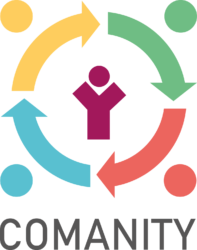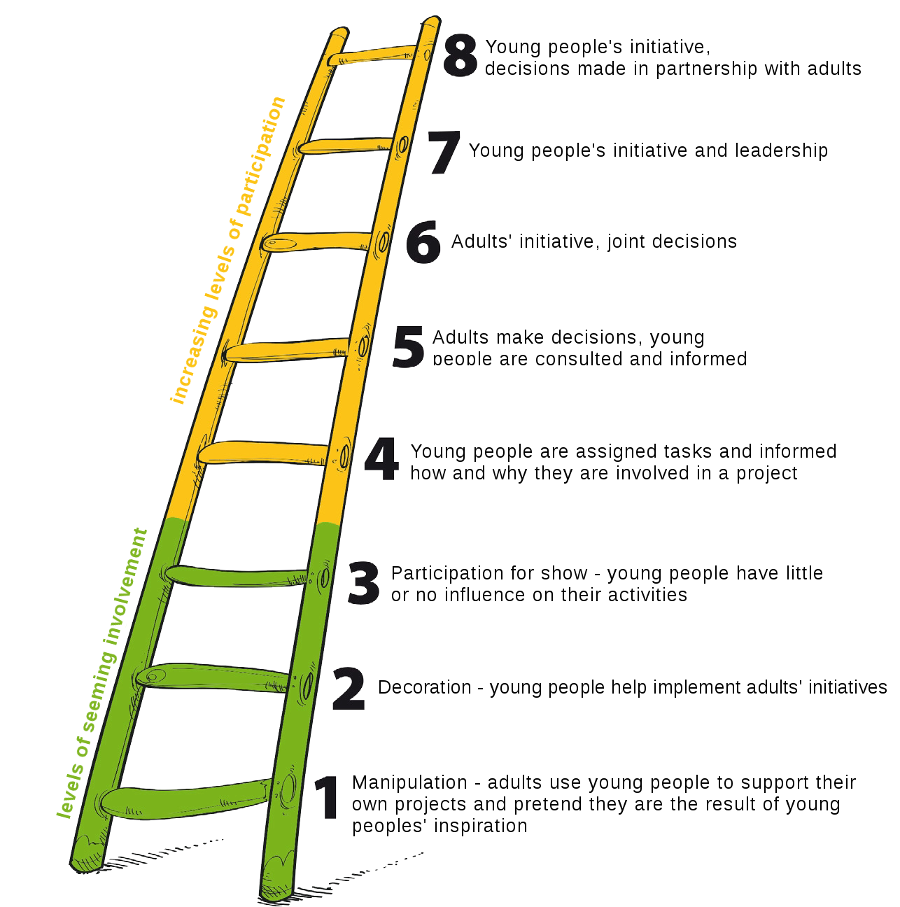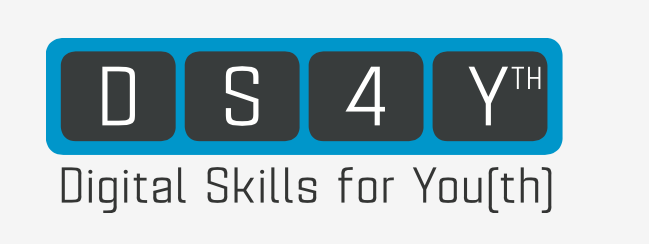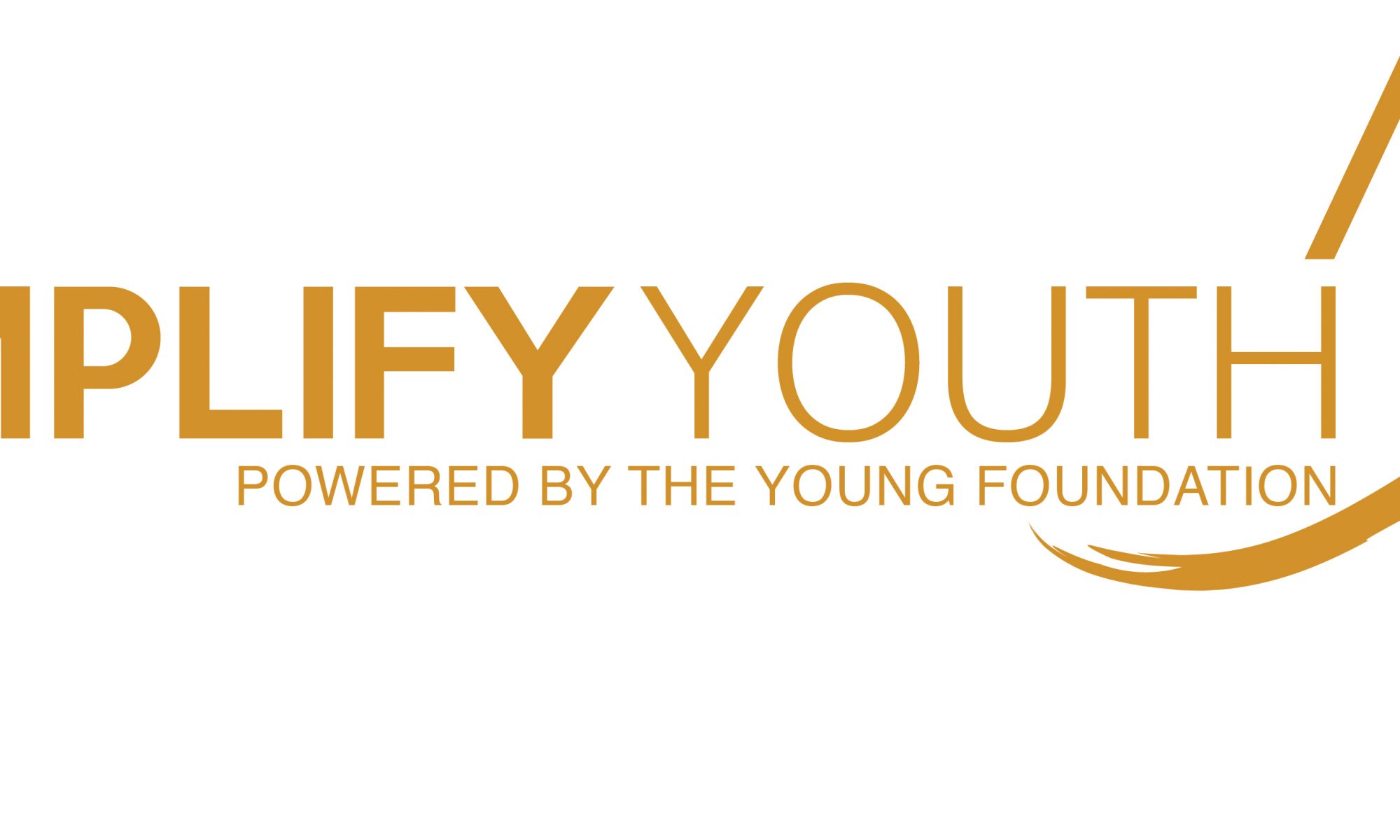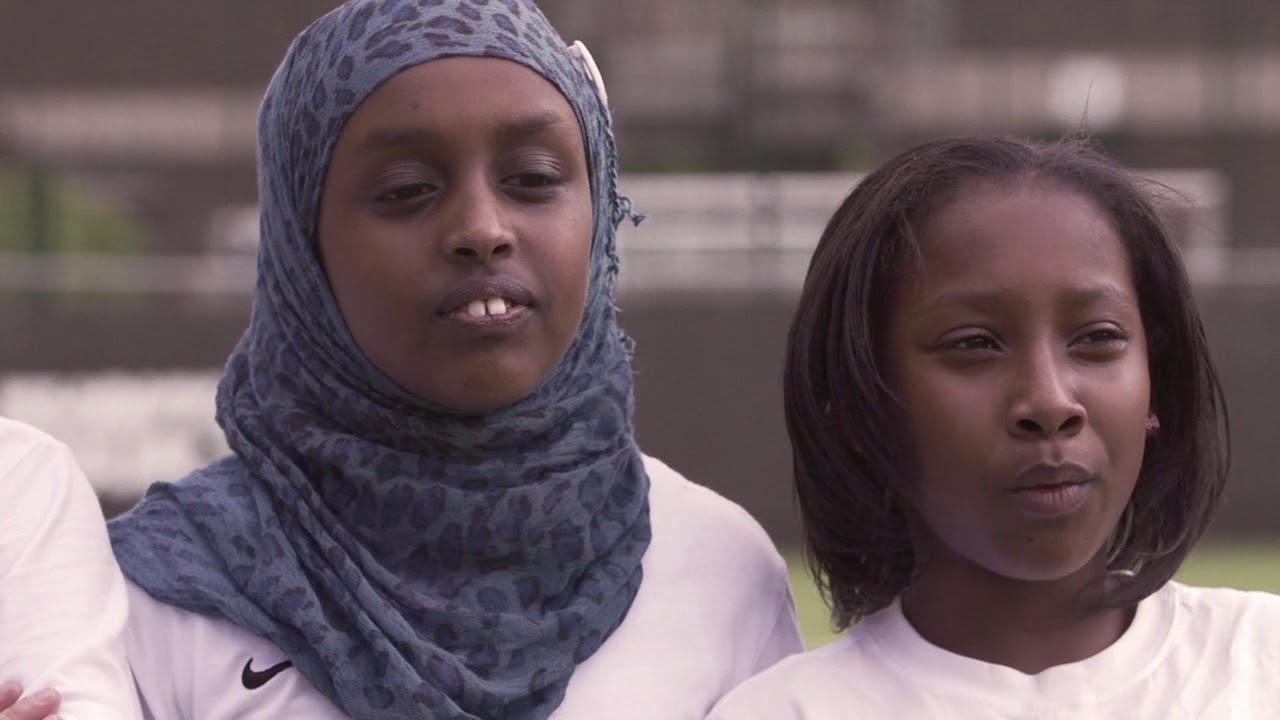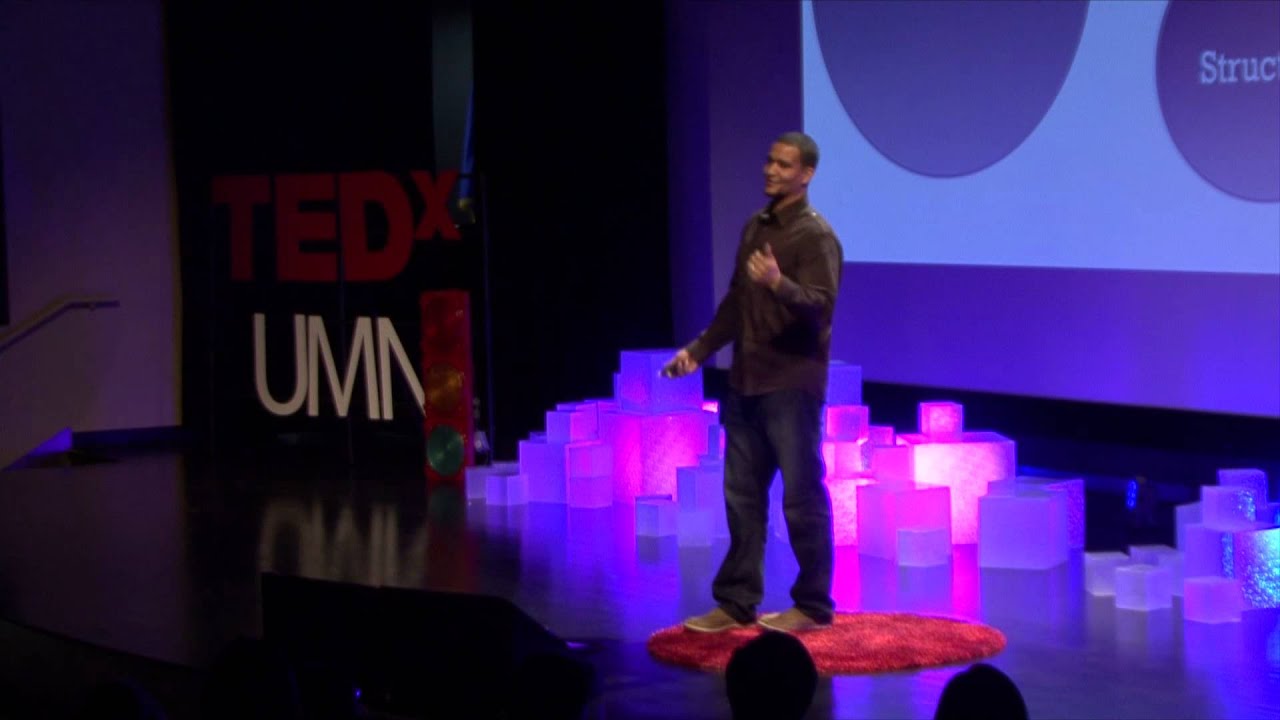This video and the following text are from the Peer Education Project (PEP), linked here: https://www.mentalhealth.org.uk/projects/peer-education-project-pep
The Peer Education Project is a school-based programme that aims to give young people the skills and knowledge they need to safeguard their mental health, and that of their peers.
The project was born out of the idea that a key source of support to young people experiencing mental health distress is their peer group within the school environment. We developed this idea into a solution appropriate for schools.
By training older pupils to deliver mental health lessons to younger student, the project aims to bypass the walls many young people put up when being taught such nuanced, personal topics by adults whom they feel are detached from their personal experiences.
